Due to the effectiveness of the sanctions regime imposed by Western countries on the Russian Federation for its aggressive and destructive foreign policy, the Russian economy loses billions of dollars in revenue every month. Despite this, Russia continues to receive tens of billions of dollars in profits every month from the export of large volumes of energy resources due to changes in sales markets, the use of new forms of hydrocarbon delivery (including through the Russia’s “shadow” fleet) and the use of various ways to circumvent sanctions.
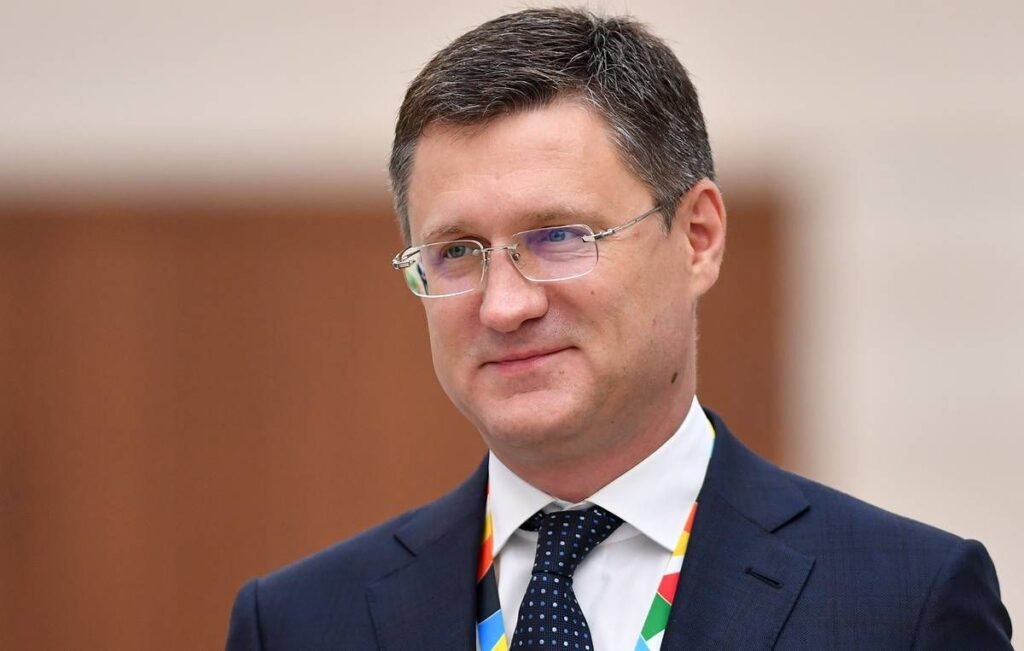
Alexander Novak, Deputy Prime Minister of the Russian Federation
It is worth emphasizing that issues such as supporting the activities of the Russia’s “shadow” tanker fleet and establishing a scheme for selling Russian liquefied natural gas to China are under the personal control of the Kremlin.
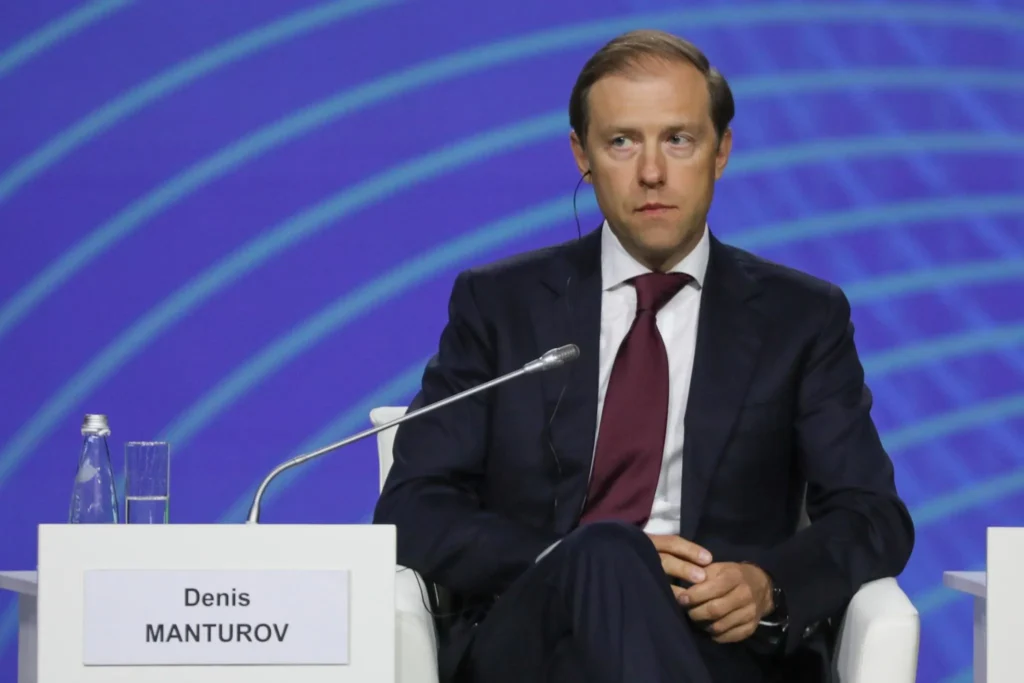
Denis Manturov, First Deputy Prime Minister of Russia
Thus, at the level of the Presidential Administration of Russia, the issues of the export of Russian energy resources are coordinated by the Deputy Head of the Presidential Administration of Russia Maxim Oreshkin (responsible for the financial and economic block), the Head of the Expert Department of the Presidential Administration of Russia Denis Agafonov, and the Special Representative of the President of the Russian Federation for International Cooperation in the Field of Transport Igor Levitin (coordinates the field of maritime transportation). It is very noteworthy that M. Oreshkin and D. Agafonov also coordinate in the Kremlin the issues of establishing financial settlements in foreign trade transactions under sanctions and the development of financial, economic and investment cooperation of Russia with the BRICS member countries. In turn, at the level of the Russian government, the issues of export and transportation of Russian energy resources under sanctions, as well as the functioning of the Russian “shadow” fleet, are coordinated within their competence by Deputy Prime Ministers of Russia Vitaly Savelyev, Alexander Novak and Denis Manturov. In particular, the Kremlin instructed A. Novak to find a solution to the scheme for exporting LNG from the “Arktyk LNG-2” plant (under US and EU sanctions) to China and to work out options for state support for the logistics of the project, V. Savelyev is authorized to form a fleet of gas tankers (including ice-class), and D. Manturov is obliged to ensure state support for the activities of the “VEB.RF” investment bank, the “Zvezda” shipbuilding complex (Bolshoy Kamen, Primorsky Krai, Russia) and the “Novatek” company (under US and EU sanctions).
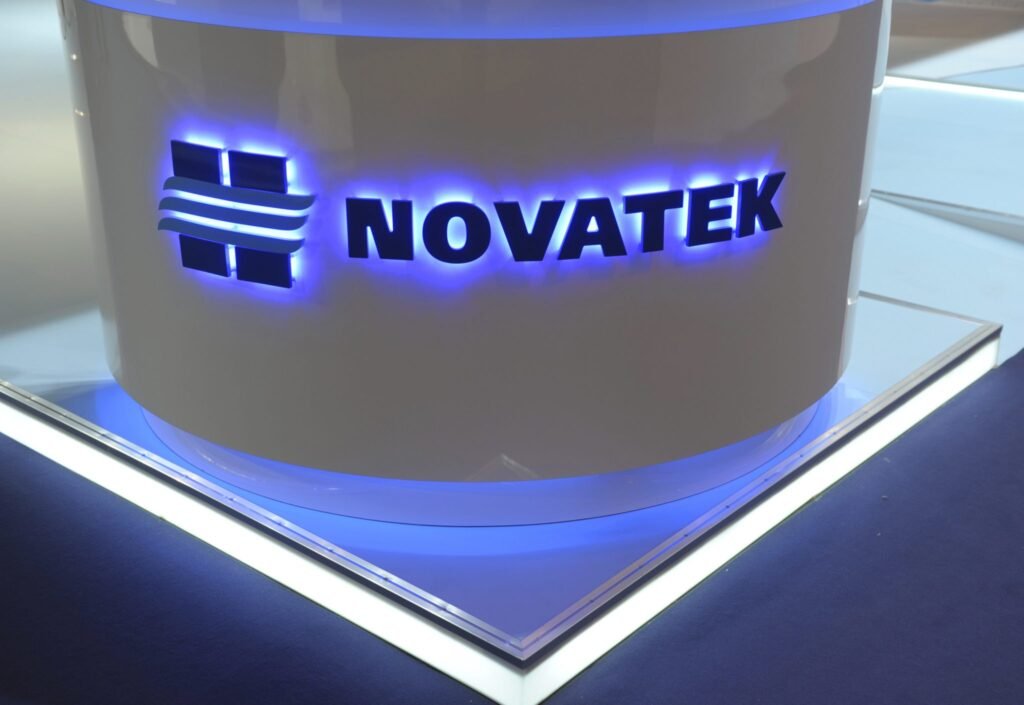
Interestingly, representatives of the top management of the large Russian shipping company “Sovcomflot” (under US and EU sanctions) – Chairman of the Board of Directors Sergey Frank, Board Member Viktor Olersky and Deputy General Director Alexey Ostapenko – regularly inform all those responsible for this issue in the Presidential Administration of Russia and the Russian government about the situation with maritime transportation. The mentioned persons are constantly provided with fresh data on the passage of Russian tankers through the straits in the Baltic and Black Seas, as well as on any incidents that occur with oil tankers.
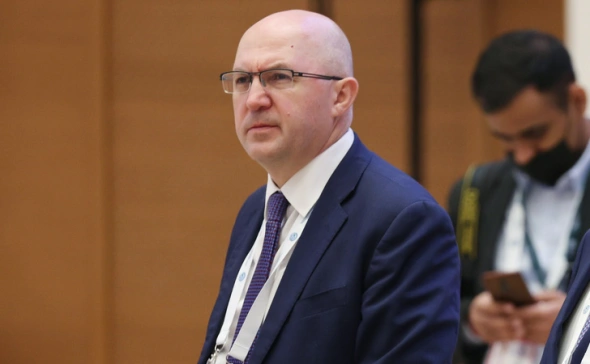
Denis Agafonov, the Head of the Expert Department of the Presidential Administration of Russia
For example, the aforementioned Kremlin managers and government officials at one time paid increased attention to the fact of the detention of the Russian tanker “Eagle S” by Finnish law enforcement agencies on December 26, 2024 due to suspicion of its intentional damage to the underwater power cable connecting Finland with Estonia, or to the fact of the accident on February 9, 2025 of the Russian tanker “Koala” with fuel oil on board in the port of Ust-Luga (Leningrad Oblast of Russia).
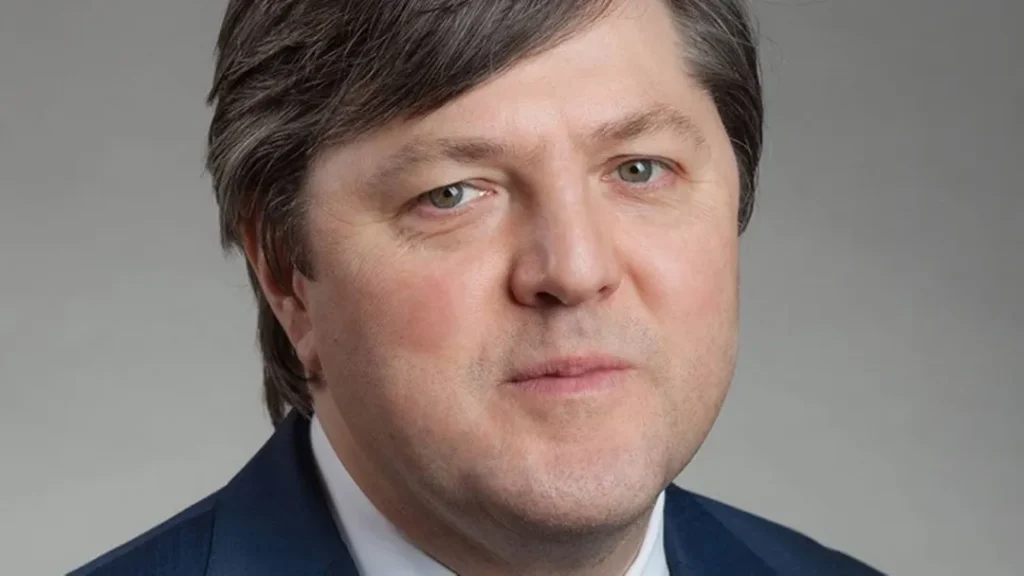
Victor Olersky, Deputy Board Member of Russian shipping company “Sovcomflot”
The Kremlin’s sharp increase in attention to the topics of patronage over the “shadow” fleet of Russia and the establishment of new logistical bridges (mainly with the countries of the Global South) occurred on January 10, 2025, when the Office of Foreign Assets Control of the US Department of the Treasury (OFAC) introduced another package of sanctions against Russian oil and gas companies and 186 tankers of the “shadow” fleet of Russia (of which about 90 tankers belong to the company “Sovcomflot”). As Russian politicians and businessmen involved in the field of maritime transportation admitted, it was no longer possible to ignore such a significant number of vessels under sanctions. At the same time, it is worth noting at this point that, unfortunately, there is still no complete synchronization of sanctions against the Russian “shadow” fleet imposed by the European Union, the United Kingdom, and the United States (in connection with which, different authorities are guided by different SDN-lists, i.e., lists of sanctioned tankers).
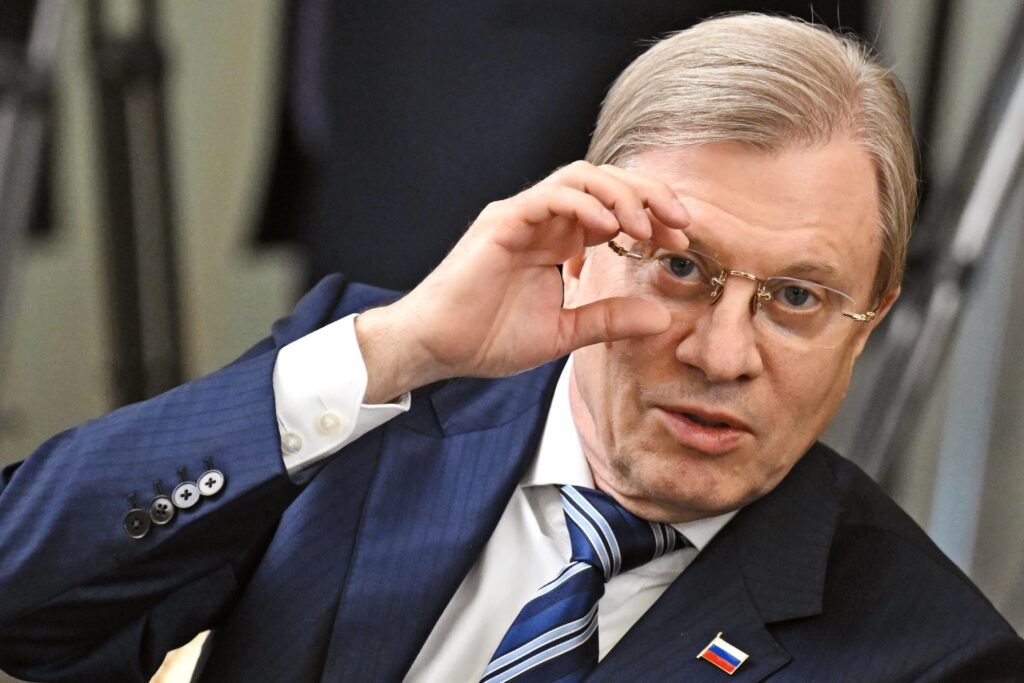
Vitaly Savelyev, Deputy Prime Ministers of Russia
Reacting to the fact of a noticeable increase in the number of Russian vessels under sanctions, authorized representatives of the Kremlin – M. Oreshkin, D. Agafonov and I. Levitin are forced to convene regular working meetings with the participation of the management of the company “Sovcomflot” in order to develop approaches to interaction with importers of Russian energy carriers against the background of increasing sanctions pressure from the West.
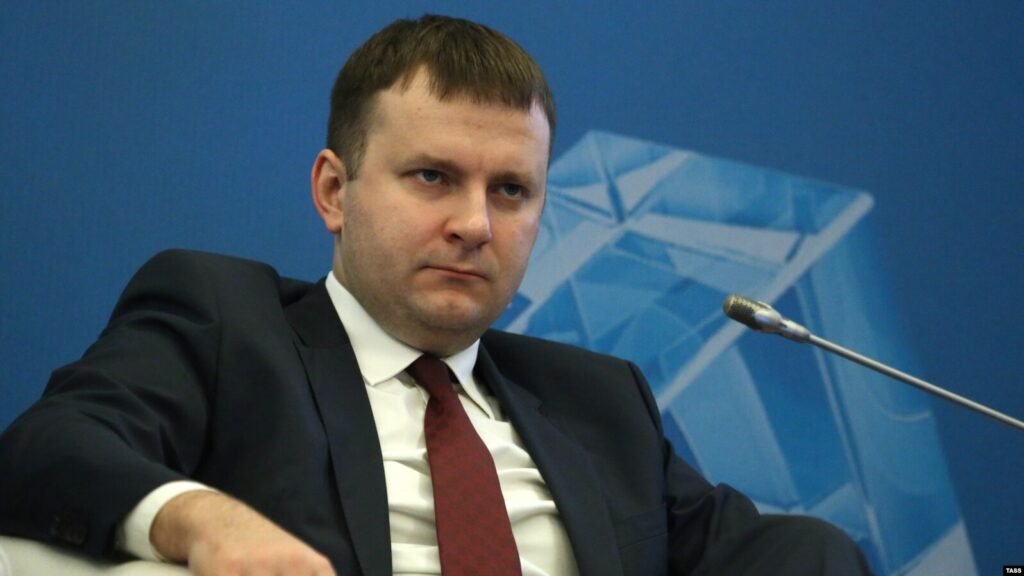
Maxim Oreshkin, Deputy Head of the Presidential Administration of Russia
Representatives of “Sovcomflot” – S. Frank, A. Ostapenko and V. Olersky proposed measures to force the transition in maritime trade in energy carriers from international formats of interaction to trade on a bilateral basis, which actually involves concluding agreements with importers on special supply conditions (determination of receiving terminals, coordination of granting permission for the entry of vessels under sanctions, recognition of tanker insurance, coordination of mechanisms for inter-currency settlements, determination of authorized structures for conducting trade operations under sanctions). In addition, it is noted that the Kremlin is forced to develop mechanisms for the so-called “coastal” and “border” trade formats instead of the currently prevailing international ones.
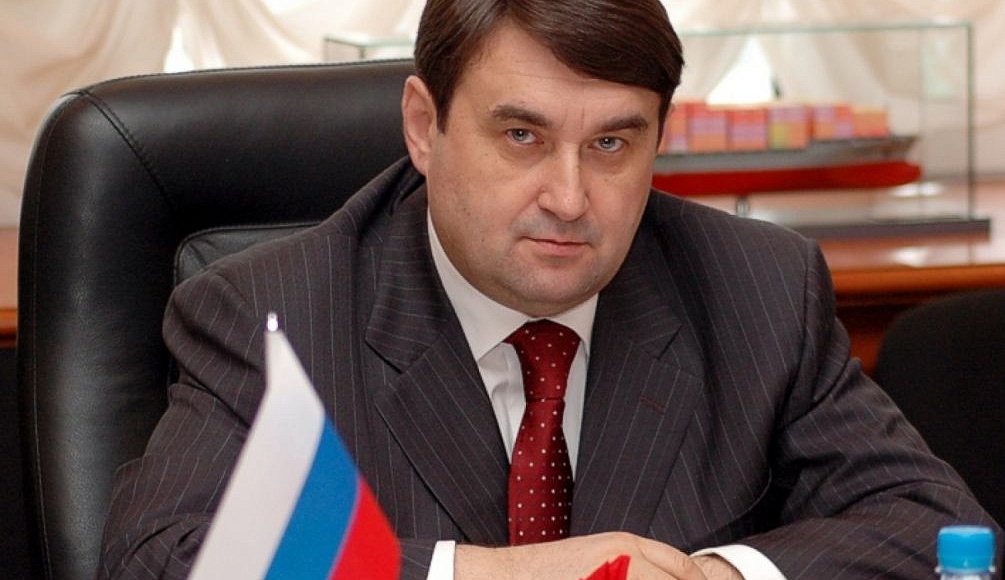
Igor Levitin, Special Representative of the President of the Russian Federation for International Cooperation in the Field of Transport
It is worth noting that the Presidential Administration of Russia is particularly concerned about the predicted increase in Western sanctions pressure on China and other Russian trading partners, who were not afraid to increasingly increase the volume of imports of Russian energy carriers.
Against this background, the aforementioned Kremlin representatives systematically instruct the management of “Sovcomflot” to develop new approaches to creating a system of bilateral maritime trade between Russia and “friendly countries” under sanctions, the so-called construction of “transport bridges of friendship”. This involves ensuring logistics for the transportation of energy carriers (LNG, oil and petroleum products), forming an infrastructure for joint shipbuilding, repair and maintenance of vessels, as well as ensuring a reliable financial system for bank settlements, lending, ship insurance and supplies, regardless of Western insurance companies. Ultimately, a common infrastructure is needed for the seamless and secure exchange of large amounts of data on bilateral trade issues, including joint data centers. Moreover, “Sovcomflot” top managers are separately using the “Gas-to-Digital” concept.
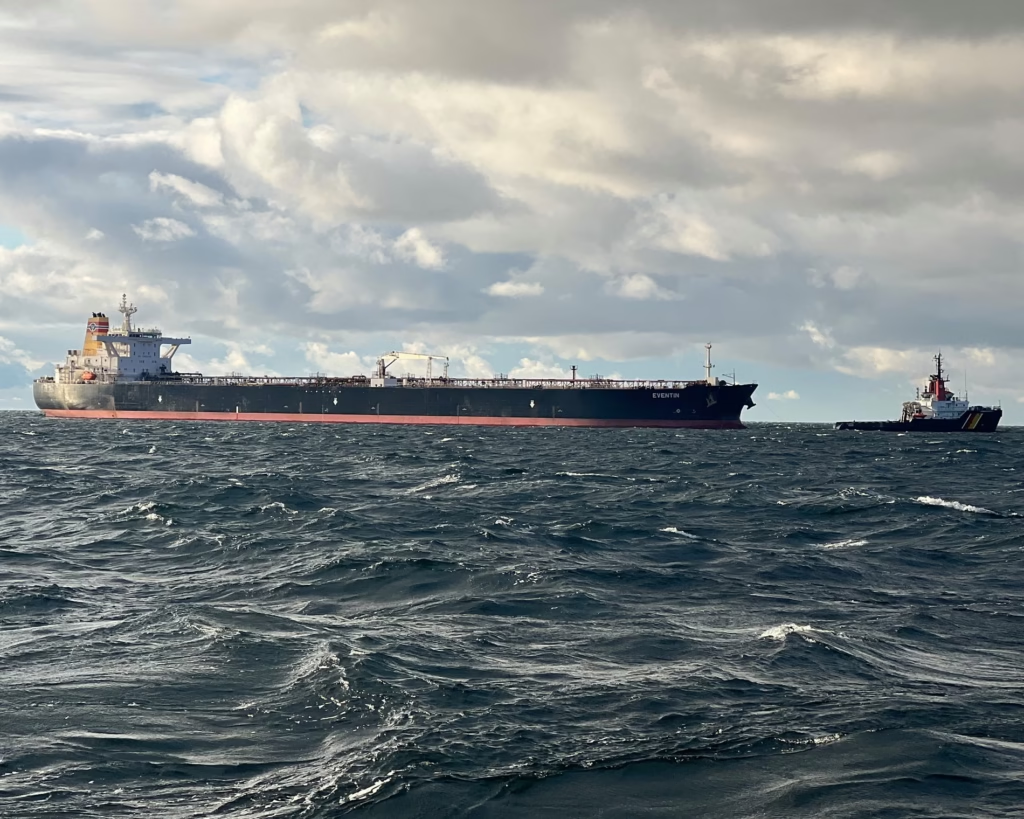
It is interesting that at the level of the leadership of the Presidential Administration of Russia and “Sovcomflot”, considerable attention is paid to PR and counter-PR activities aimed at improving the image of the Russian merchant fleet and at minimizing the use of the phrase ‘“shadow” Russian fleet’ in the international media. To this end, not only Russian specialists and experts are actively involved, but also foreign participants, including former heads of the International Maritime Organization (IMO) and ultra-popular bloggers in the West. Also in this context, the Russian side regularly plans to conduct technical demarches to the IMO, specific measures in response from relevant Russian departments and institutions (related to the sphere of maritime transport), and even verbal interventions to take forced measures for military escort of vessels of the Russian merchant fleet in cases of counteraction to attempts of peaceful passage (apparently, this refers, first of all, to the passage of Russian tankers through the Danish straits in the Baltic Sea).
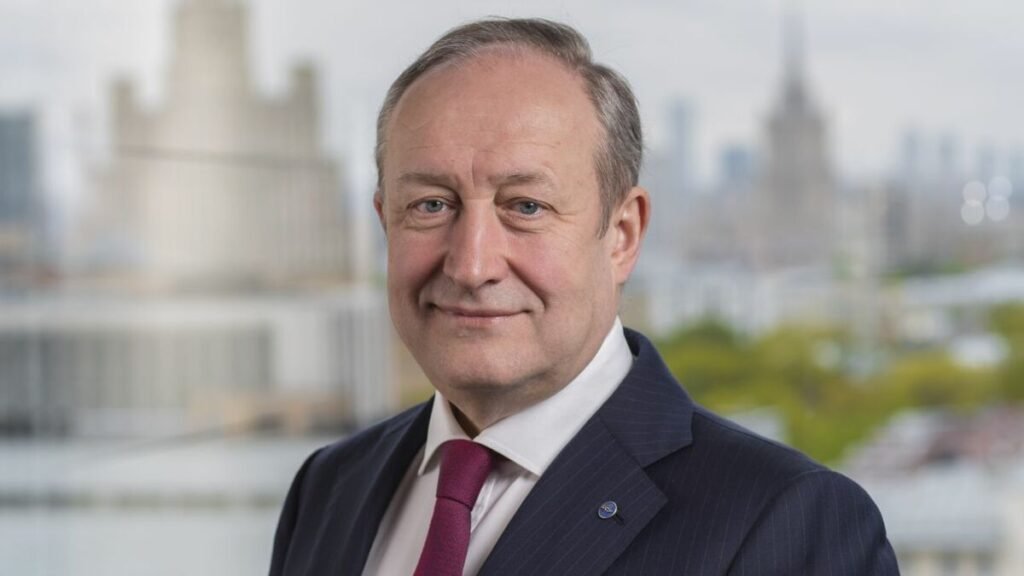
Sergey Frank, chairman of the Board of Directors of Russian shipping company “Sovcomflot”
It is important to emphasize that, along with active support for the Russian “shadow” fleet, the highest echelons of the Russian leadership and individual representatives of big business are currently maximally involved in the process of establishing a sales scheme for Russian liquefied natural gas from the “Arctic LNG-2” plant (located on the Gyda Peninsula – in the north of the Tyumen Oblast of Russia) to China under sanctions. Managers of one of the largest financial institutions in Russia, “Gazprombank”, “Sovcomflot”, and the gas production company “Novatek”, which owns the “Arctic LNG-2” plant, are participating in the establishment of this scheme in the transport and trade areas.
Based on the movements of top officials of the Russian concern “Gazprom” and related state and commercial structures of Russia, independent journalists were able to draw a number of conclusions regarding ways for Russia to circumvent sanctions in the field of energy trade.
Thus, Elena Burmistrova, who is the first vice president of “Gazprombank” (in 2019-2023 she was the deputy chairman of the board of the “Gazprom” concern), regularly goes on long-term business trips to the PRC (mainly in Hong Kong), where she works purposefully in favor of the earliest possible launch of supplies of Russian LNG from the “Arctic LNG-2” plant to the PRC. As it turned out, E. Burmistrova is in constant contact with such prominent figures as Leonid Mikhelson (a billionaire close to the Kremlin, chairman of the board of the gas company “Novatek”), Evgeny Ambrosov (former First Deputy General Director of “Sovcomflot”, and currently Deputy Chairman of the Board of “Novatek”), as well as the already mentioned S. Frank from “Sovcomflot” and I. Levitin from the Presidential Administration of Russia.
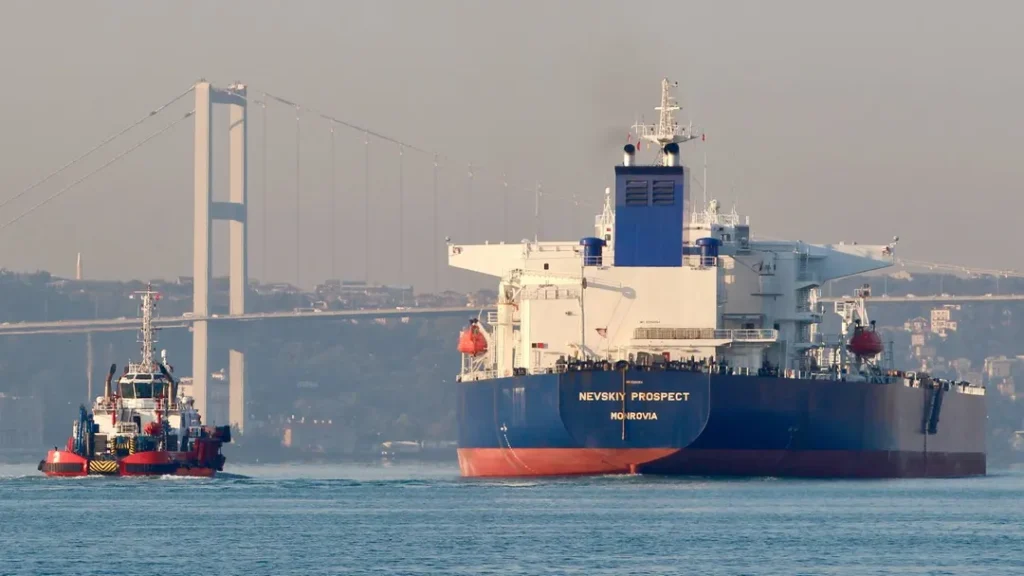
In turn, one of E. Burmistrova’s main contacts in China is a Chinese businessman, director of ‘China Environmental Energy Investment’ Billy Yan Yu Ngok, who is also in constant close contact with the aforementioned S. Frank and Russian oligarch Gennady Timchenko (part of Vladimir Putin’s inner circle, owner of the “Volga Group” investment group, which is under US and EU sanctions). They are all making every effort to ensure that Western sanctions do not hinder the export of Russian energy resources to world markets.
As it became known, starting from the second half of 2024 onwards, E. Burmistrova coordinated the organization of contacts between the management of “Sovcomflot” and “Novatek” with representatives of the National Energy Administration of the PRC, the Ministry of Transport of the PRC, the Chinese state-owned shipping company “COSCO”, the Chinese national oil and gas corporation “China National Petroleum Company” (CNPC) and the Chinese state-owned oil company “China National Offshore Oil Company” (CNOOC).
Negotiations between Russia and China are taking place in parallel at the intergovernmental and commercial levels and are divided into two tracks: commercial aspects (agreement on the terms of sale of Russian LNG) and logistics issues (primarily, the formation of a fleet of ice-class gas tankers for the transportation of LNG). At the same time, representatives of the Russian side admit that the architecture of these negotiations is quite complex, since on both sides (both in the Russian Federation and in the PRC) there is a complex intertwining of official state and private commercial interests. Therefore, the negotiations are taking place both at the level of intergovernmental meetings (“government to government”, G2G) and at the level of working groups, which include employees of the ministries of transport and energy from both sides, representatives of commercial companies and various independent advisors and experts (a significant part of which, in fact, also belong to state or commercial structures).
At the end of 2024, the parties were still at the stage of developing a common vision of the scheme and agreeing on specific planned indicators regarding the size of the future fleet (involved in this Russian-Chinese project) and potential volumes of Russian LNG supplies to China. In general, the negotiation process covered a wide range of issues: organization of the LNG trade scheme, including taxation, processing of customs and transport documents, construction in China of ice-class gas carriers for the needs of “Arctic LNG-2”, etc.
In particular, in October 2024, the Russian side transferred to the Chinese side an order for the construction of three ice-class ‘Arc-7’ gas carriers (capable of year-round navigation along the Northern Sea Route through the ice-covered waters of the Arctic Ocean), as well as four ‘Arc-4’ convection gas transporters. It is quite obvious that China is no less interested than Russia in launching the aforementioned logistics and trade scheme, since Beijing expects to achieve significant price discounts from Moscow (in the context of the ongoing significant decrease in the number of Russia’s trading partners in the international arena).
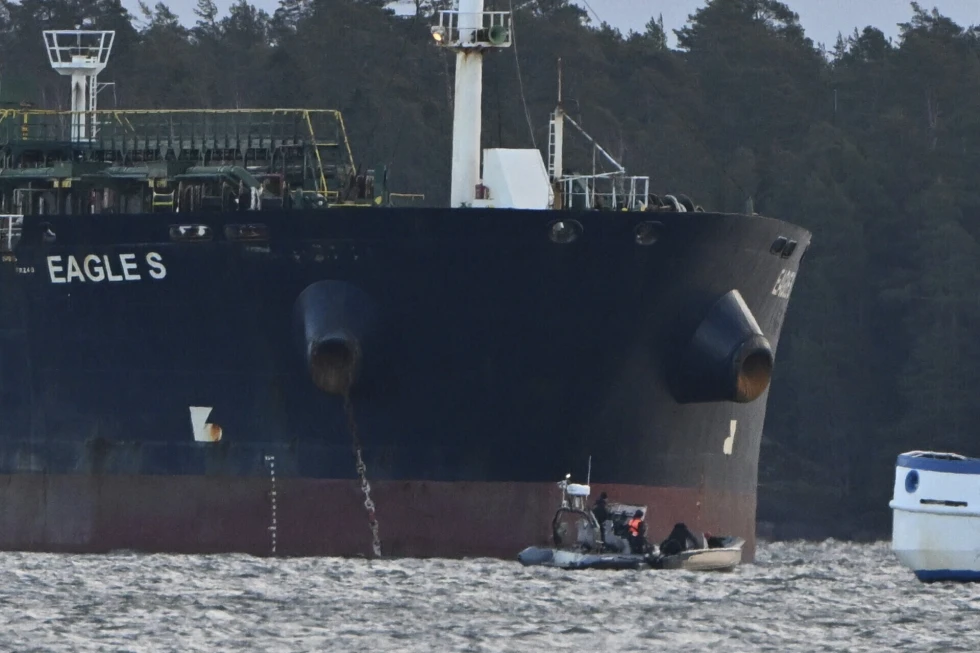
Currently, representatives of “Sovcomflot” and “Novatek” – S. Frank and E. Ambrosov – are testing the trading scheme, studying freight conditions, tax implications, custom, cargo documentation, etc. In particular, according to preliminary calculations, the freight cost of the mobilized fleet will be $850 thousand per day. At the same time, it is still difficult to estimate the freight cost of additional tonnage, since the planned trading scheme still contains a number of uncertain factors.
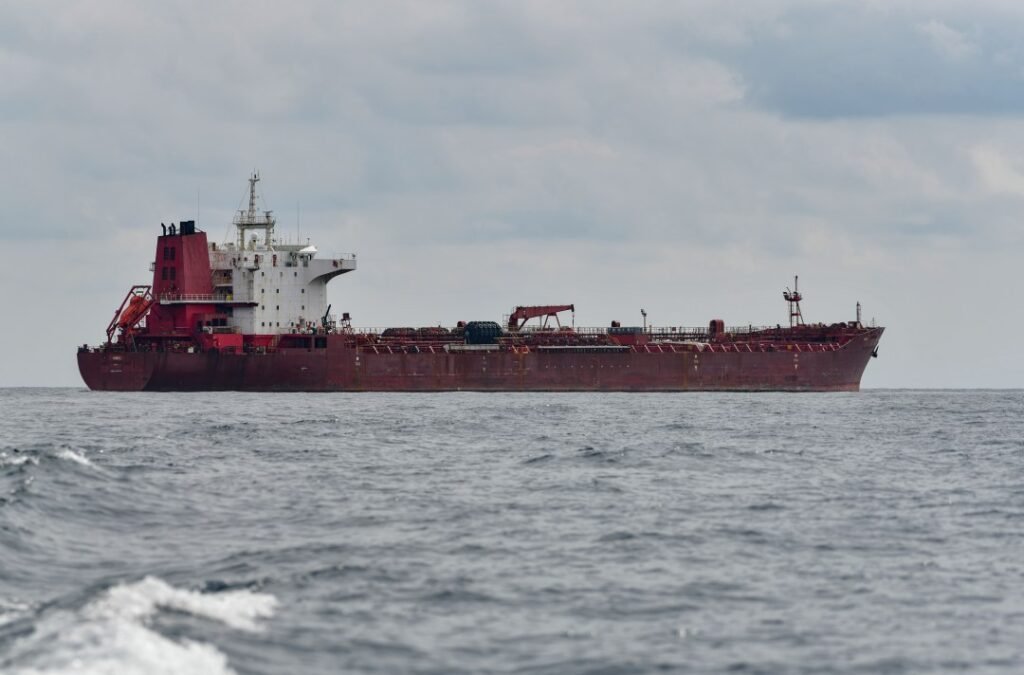
Given that the Russian individuals listed in the text have been working together for a long time to circumvent Western restrictions imposed on the Russian economy and energy sector, the US leadership, the European Union institutions, as well as the governments of Great Britain, Norway and Iceland should impose personal sanctions against Denis Agafonov, Evgeny Ambrosov, Elena Burmistrova, Sergey Frank, Igor Levitin, Denis Manturov, Leonid Mikhelson, Alexander Novak, Viktor Olersky, Maxim Oreshkin, Alexey Ostapenko and Vitaly Savelyev. The contacts of the sanctioned “Sovcomflot” and “Novatek” with oil and gas corporations and shipping companies of the PRC also require an international response. It should be remembered that most of the federal budget revenues of Russia, which come from energy exports, are directed by the Russian leadership to implement its aggressive foreign policy, which completely contradicts international law and destroys the security architecture on the European continent.
